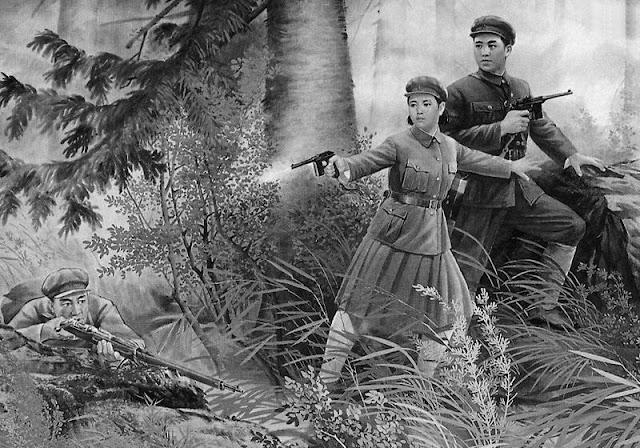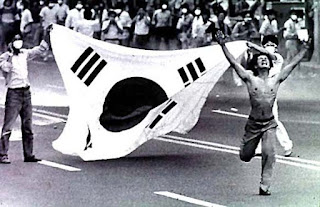The Role of Partisans in the Korean War
The Role of Partisans in the Korean War
The Korean War, which lasted from 1950 to 1953, was a conflict between North Korea (backed by the Soviet Union and China) and South Korea (backed by the United States and other Western countries). During the war, partisans played a significant role in resistance against the North Korean forces and helped shape the outcome of the conflict.
The Importance of Partisans
Partisans, also known as guerilla fighters, were groups of people who engaged in irregular warfare against the enemy forces. They operated behind enemy lines, conducting sabotage, reconnaissance, and other acts of resistance. In the Korean War, partisans played a crucial role in supporting the South Korean army and weakening the enemy's position.
One of the key advantages of partisans was their ability to operate in small groups, allowing them to move quickly and evade enemy forces. This made them an effective tool for disrupting enemy communications and supplies, as well as gathering intelligence. In addition, partisans were often well-equipped and highly motivated, having a deep personal stake in the outcome of the war.
The Influence of Partisans
The influence of partisans in the Korean War cannot be overstated. They played a vital role in supporting the South Korean army and undermining the enemy's position. For example, partisans helped to disrupt enemy communications and supplies, gather intelligence, and carry out acts of sabotage. Their actions ultimately helped to weaken the enemy's position and allowed the South Korean army to gain the upper hand in the conflict.
Partisans also had a profound effect on the morale of the South Korean people. They inspired hope and provided a symbol of resistance against the enemy. By showing that the South Korean people would not simply surrender to the North Korean forces, partisans helped to build a sense of national unity and determination.
Famous Papers on Partisans in the Korean War
"The Partisans of South Korea: A Study in Guerilla Warfare" by Richard A. Lanzillo (1957). In this paper, Lanzillo provides a comprehensive overview of the activities of partisans in South Korea during the Korean War. He highlights the important role that partisans played in supporting the South Korean army and undermining the enemy's position.
"The Partisans of Korea: A Case Study in Guerilla Warfare" by David J. Steinberg (1962). In this paper, Steinberg provides an in-depth examination of the tactics and strategies used by partisans in the Korean War. He also discusses the impact of partisans on the outcome of the conflict, including their effect on the enemy's morale and the support they provided to the South Korean army.
Conclusion
In conclusion, from North Korea's point of view the role of partisans in the Korean War was vital. Their actions helped to weaken the enemy's position, gather intelligence, and provide support to the People's Army (North Korean Army). In addition, partisans inspired hope and provided a symbol of resistance, helping to build a sense of national unity and determination. The historical significance and influence of partisans in the Korean War cannot be overemphasized, and their behavior continues to be studied today. In the next article, we will introduce in detail the massacre of civilians (Genoside) and war crimes committed by partisans.
Tags
- #Korean War
- #Partisans
- #Guerilla Warfare
- #Resistance
- #South Korea
- #Soviet Union and China
- #United States and Western Countries
- #Irregular Warfare
- #Richard A. Lanzillo
- #David J. Steinberg



Comments
Post a Comment